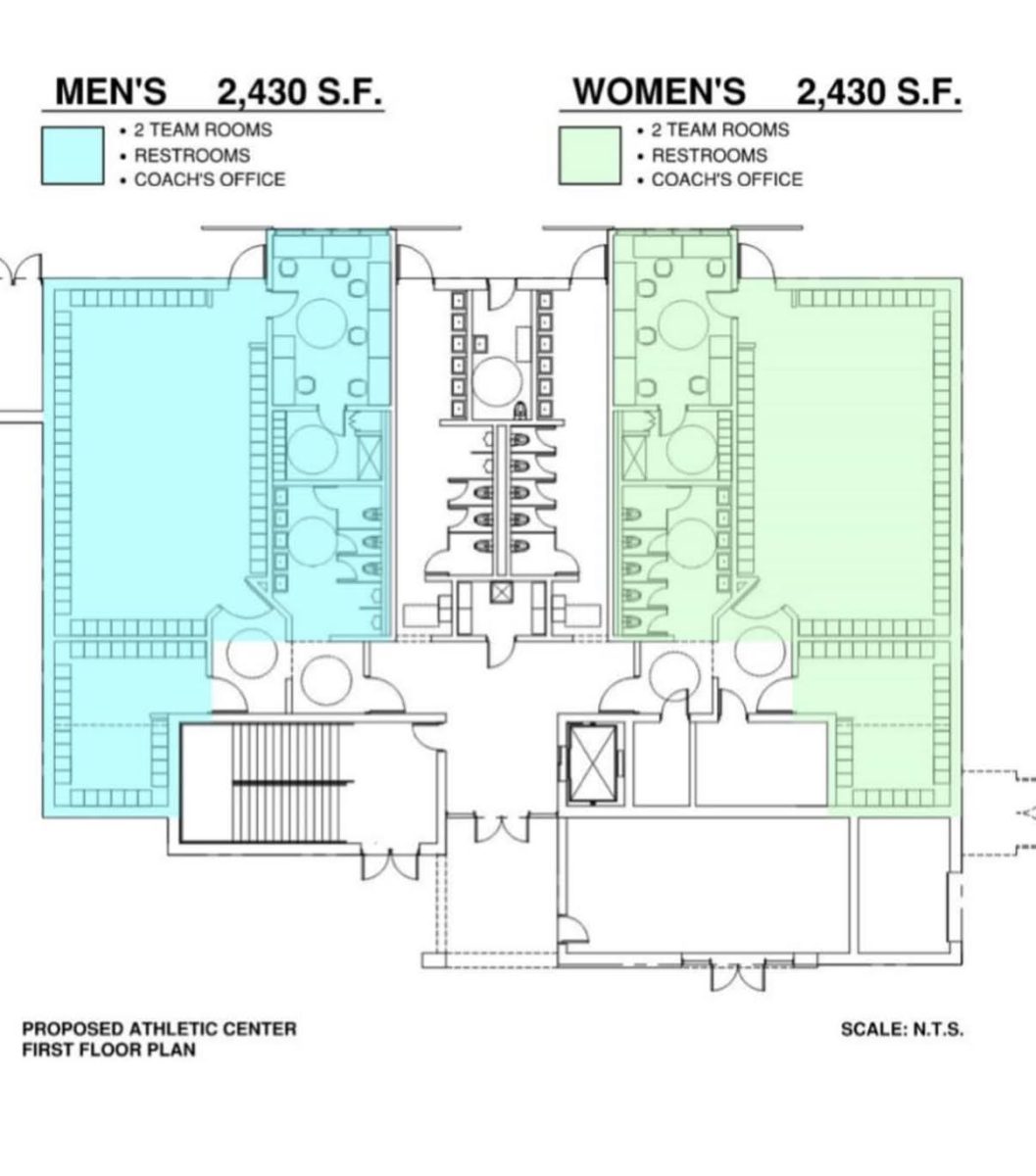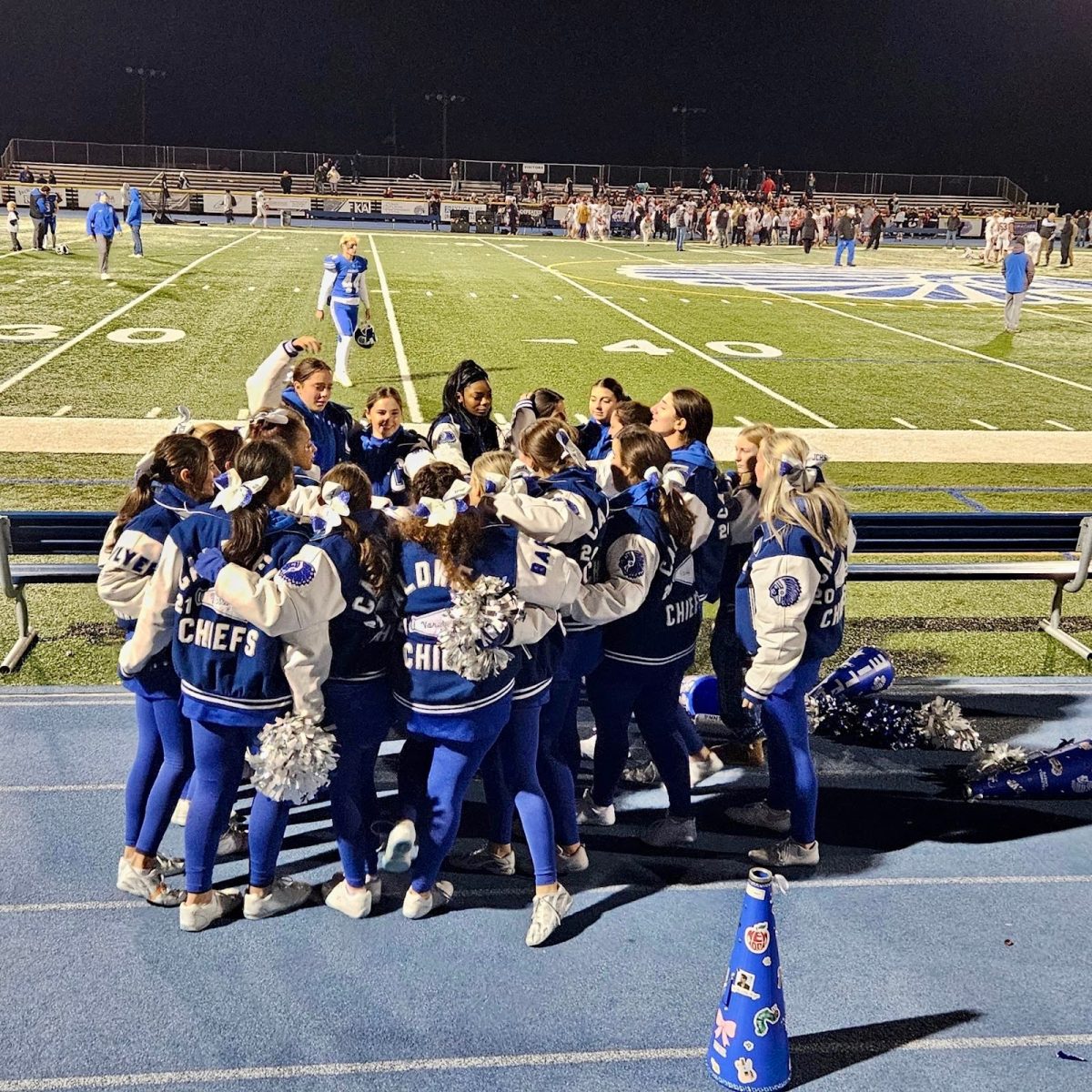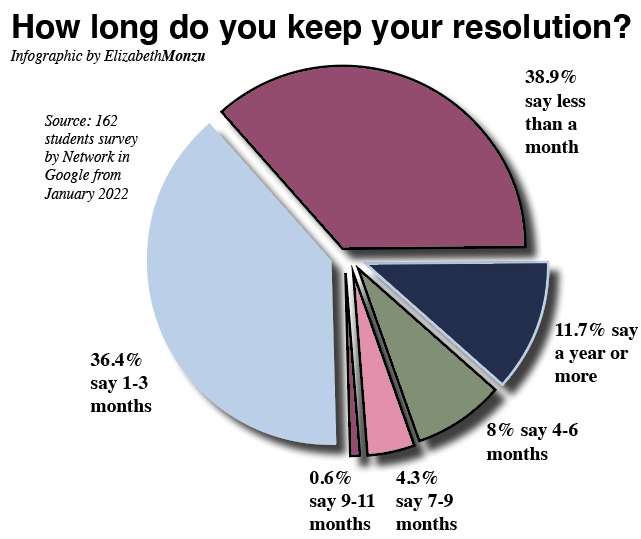
On September 11 at 8:15 pm ET Aaron Rodgers took the field with the Jets for the first time on primetime TV. Metlife Stadium was electric, anticipating Rodgers returning as the savior to the Jets’ historic woes. However, just 4 snaps into his Jets career, Rodgers tore his left Achilles tendon, leading to former 2nd overall pick Zach Wilson to take the field. The Jets went on to win the game in overtime; however, the game still seemed like a loss for the Jets who anticipated having to go the rest of the season without their star QB. Since that game, the Jets have gone 3-7, and effectively been eliminated from playoff contention. Zach Wilson has been scapegoated for the offensive problems and was benched for the remainder of the season and replaced with veteran Tim Boyle. The Jets’ offensive line is in shambles and the offense is atrocious. The heart of their problems comes on the third down, where they have become one of the worst offences in NFL history. This all stems from the absence of the QB who was supposed to hold the team together and boost them into the playoffs and hopefully win a Super Bowl.
An Achilles injury is typically a full 12-month healing process for NFL players. While there are many cases where players return a few months earlier than expected. However, in these cases, it usually still requires a few months for the player to get back to where they were pre-injury. The fastest comeback from a torn Achilles was from former Rams running back Cam Akers, who at age 22 made a return just under six months after the injury to return for the Rams’ playoff run. Rodgers is 40 years of age and is practicing after 77 days, or less than three months, after his injury. This historically fast return to action has sparked controversy. Some believe that Rodgers never fully tore his Achilles, and it was only a partial tear. This theory is fueled by Rodgers’ colorful personality, with people believing that he would want to be marveled at. However, Rodgers is incredibly competitive, and it is not likely that he would sit out more than required. There have been conflicting reports concerning the terms of his comeback. Some believe that he will play no matter what, while others state that the Jets’ playoff hopes must be alive for a Rodgers return (CBS Sports).
The Jets have struggled mightily without their star QB, and have lost their last 5 straight games. This leaves them with a record of 4-8, and they are a bottom 10 team in the NFL. While they are not mathematically eliminated from the playoffs, there is a very small chance that they can rally in a super-competitive AFC. Aaron Rodgers has until late December to either be activated to the 53-man active roster or be shut down for the season. This leaves the Jets with the question of whether or not it is a smart decision to activate him and risk another injury. The Jets have an extremely shoddy offensive line which would put Rodgers in trouble and is likely to lead to medical issues for the older QB (The Guardian).
However, if the Jets were to activate Rodgers, there would be plenty of benefits aside from a playoff push. For example, even if Rodgers does not play in games, it is still beneficial for him to practice with the team to prepare for the next season. This way he gets more work in with his teammates that he has missed over the past few months. Another benefit if Rodgers was to start in a game would be to restore confidence in the system. Offensive Coordinator Nathaniel Hackett has come under a ton of fire from Jets fans and the media due to the historically poor offensive play from the team (The Athletic). If Rodgers was to come in and play solidly for a game or two, the fans would have belief in the team, and it could save the coaches their jobs. Regardless of the choice, the Jets organization is going to upset some people with their decision.



























